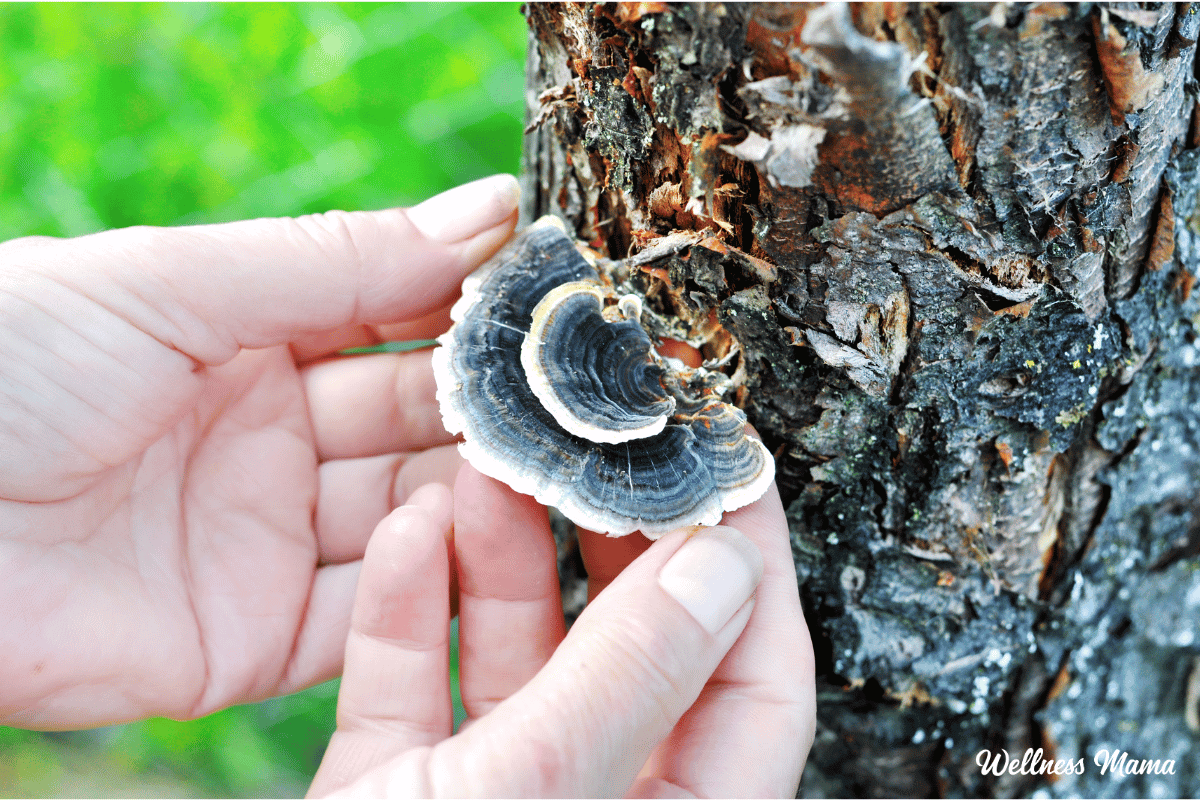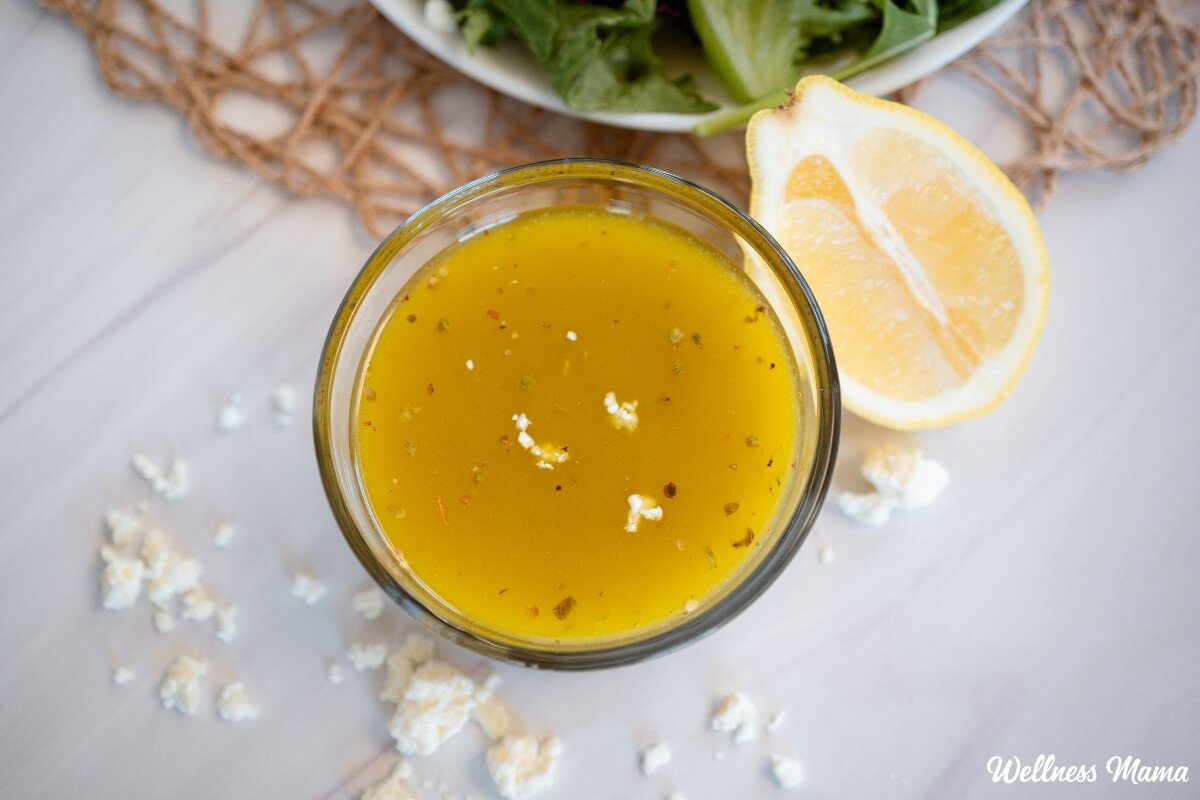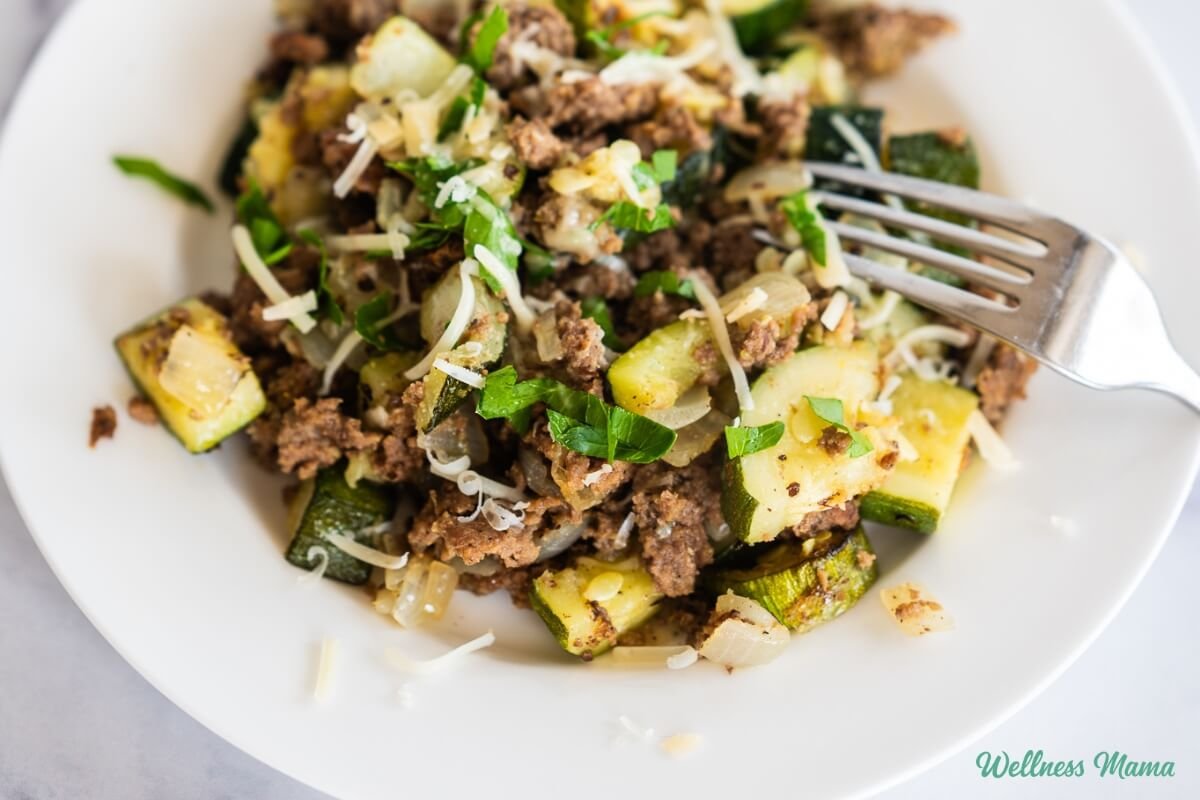No, we’re not discussing the turkey that’s served at Thanksgiving dinner! These medicinal mushrooms got their name because they resemble the feathery display of a turkey’s tail. For centuries, people have utilized medicinal mushrooms to bolster the immune system and enhance overall wellness. They also make a tasty addition to a morning cup of mushroom coffee.
Understanding Turkey Tail Mushrooms
Turkey tail mushrooms, also known as Trametes versicolor, are a type of polypore fungus, meaning they have many pores. Previously, they were referred to as Coriolus versicolor in older texts. Unlike shiitake and other mushrooms with gills, turkey tails have small pores on the underside that release spores to facilitate reproduction.
These eye-catching mushrooms are found in forests worldwide, from the United States to Japan. Their English name is derived from their resemblance to the spread-out tail feathers of a turkey. In Traditional Chinese Medicine, these mushrooms are called Yun Zhi.
Turkey tail mushrooms are renowned for their vivid and varied color patterns. The upper surface of these mushrooms is often adorned with rings of different hues, such as brown, tan, white, and blue, contributing to their distinctive look. They typically grow in overlapping layers on dead or decaying wood.
Advantages of Turkey Tail Mushrooms
Beyond their captivating appearance, turkey tail mushrooms are well-known for their health advantages. Researchers suggest that many compounds within these mushrooms possess properties that support the immune system and act as antioxidants.
As a result, they have been part of the traditional medicine practices of various cultures for hundreds of years. The primary benefits of turkey tail mushrooms are linked to their ability to support the immune system:
Supporting the Immune System with Turkey Tail Mushrooms
Turkey tail mushrooms are believed to assist immune responses through two kinds of bioactive compounds: polysaccharopeptides (PSP) and polysaccharides. Below are some immune-related benefits linked to turkey tail mushrooms:
- Modulating the Immune Response
The polysaccharides found in turkey tail mushrooms play a role in modulating the immune system. These compounds can interact with the receptors on immune cells, thereby helping to regulate and enhance immune function.
This means that they can increase an underactive immune response or decrease an overactive one, aiming for balance. When the immune system is overly active, it can result in autoimmune disorders.
- Boosting the Immune System
Certain compounds within turkey tail mushrooms may enhance immune cell activity. You might recall learning about these cells in high school biology. Macrophages and natural killer (NK) cells are two types of white blood cells that hold key roles in the body’s immune responses.
Macrophages are in charge of engulfing and breaking down foreign substances. Natural killer (NK) cells are pivotal in identifying and eradicating infected or abnormal cells, such as cancer cells. Studies indicate that these cells become more active when turkey tail is present.
Some research also suggests that turkey tail can elevate the activity of cytotoxic T lymphocytes (CTL), which are crucial in destroying infected or abnormal cells like cancer cells.
The U.S. Food and Drug Administration has allowed turkey tail in clinical trials for cancer treatment. Men with prostate cancer and women with breast cancer received it alongside standard cancer therapies for immune support.
In Japan and China, turkey tail is used as a complementary therapy with conventional cancer treatments. It has shown benefits across multiple types of cancer, including:
- Lung cancer
- Breast cancer
- Gastric cancer
- Colorectal cancer
Cancer patients often receive treatments in addition to turkey tail. However, turkey tail can enhance cancer therapy. A systematic review confirmed that polysaccharide krestin (PSK) in turkey tail exhibits anti-tumor effects. Though researchers aren’t entirely sure of the mechanism, it appears beneficial as an adjunct to cancer therapy.
Even the National Cancer Institute concurs that turkey tail mushrooms have anticancer effects. They observed that adding turkey tail to other treatments can significantly boost survival rates.
Six randomized clinical trials indicated that lung cancer patients receiving PSK showed improvements in terms of fewer symptoms, enhanced well-being, better immune responses, or longer survival rates. If you are considering using turkey tail and other medicinal herbs for cancer care, consult your healthcare provider first.
- Promoting Cytokine Production
Cytokines are signaling molecules crucial for communication among immune cells. It is suggested that turkey tail mushrooms can stimulate the production of specific cytokines, possibly resulting in a more organized defense against pathogens.
A systematic review found that most medicinal mushroom supplements enhanced cytokine response.
- Enhancing Immunoglobulin Production
Some research indicates that turkey tail mushrooms increase the production of immunoglobulins like immunoglobulin A (IgA), which plays a significant role in mucosal immune defense, improving gut lining.
A healthy intestinal lining guards against infections in the lungs and digestive system. It also prevents undigested food particles from entering the bloodstream, which can otherwise lead to allergies, autoimmune disorders, and other health issues.
- Promoting Gut Health
Research suggests the gut microbiome plays a crucial role in immune system processes. Several studies found that turkey tail mushrooms promoted gut health by functioning as prebiotics, which foster beneficial gut bacteria growth that might impact immune responses.
- Providing Antioxidants
Phenolic compounds in turkey tail mushrooms, such as flavonoids, possess antioxidant properties. These antioxidants help neutralize harmful free radicals that might cause damage to cells and tissues. By reducing oxidative stress and DNA damage, they can support immune health.
- Lowering Inflammation
Chronic inflammation can weaken the immune system over time, but it can be managed in several ways. Certain compounds in turkey tail mushrooms may exhibit anti-inflammatory effects. Reducing inflammation aids in regulating the immune response.
Risks and Precautions with Turkey Tail
If you’re foraging for these mushrooms, be mindful that they have similar-looking counterparts. False turkey tail mushroom (Stereum ostrea) resembles turkey tail and shares a few of its benefits, including some antimicrobial compounds, though it’s not dangerous. However, it’s not as potent as the real turkey tail.
As with any natural remedy, exercise caution when considering turkey tail mushrooms. If you’re taking medication, consult a healthcare professional before including them in your regimen.
Some individuals may experience adverse reactions to turkey tail mushrooms. Darkened fingernails represent one possible side effect. If you notice any side effects, stop usage and seek advice from a healthcare practitioner.
Utilizing Turkey Tail Mushrooms
You can incorporate turkey tail mushrooms in various forms to harness their health benefits. Here are a few common ways to use turkey tail mushrooms:
-
Tea and Decoctions: One popular method is making tea or decoctions. Simply simmer dried turkey tail mushrooms in water to extract their beneficial compounds, drinking the resulting liquid as a warm beverage.
-
Culinary Use: While some cultures use turkey tail mushrooms in cooking, their toughness often makes them unpalatable. They can flavor broths, soups, or stews but should be removed before eating due to their tough texture (much like bay leaves).
-
Tinctures: Tinctures are liquid extracts made by steeping the mushrooms in alcohol or another solvent. They can be taken directly or added to beverages. Medicinal mushrooms are extracted differently from other plants, so many herbalists use a dual extraction method.
-
Powdered Supplements: Turkey tail mushrooms are available in powdered form as dietary supplements. The powdered extract can be mixed into smoothies, juices, or other liquids, or sprinkled over yogurt or oatmeal.
- Capsules and Tablets: Turkey tail mushroom pills are a convenient option for those who prefer pre-measured doses. Always follow the recommended dosage instructions on the product label.
When working with turkey tail, keep in mind that preparation and dosage might differ. For instance, methanol extracts contain the highest levels of antioxidants, whereas water extracts have the most polyphenols and flavonoids.
Some turkey tail supplements comprise both the fruiting body and the mycelium (root), while others only include one.
It’s important to follow the dosage guidelines on the packaging or from a healthcare professional.
My Personal Approach and Other Mushrooms to Explore
Personally, I enjoy adding turkey tail extract to my morning mushroom coffee. It’s an excellent start to the day for fostering a healthy immune response. I also incorporate it into other herbal teas and beverages throughout the day. Although I vary my routine, turkey tail can be a beneficial addition to a health regimen, promoting strong immune responses and digestive balance.
Here are a few more medicinal mushrooms worth trying (perhaps even in your coffee!):
-
Lion’s Mane – This uniquely shaped mushroom is fantastic for cognitive health.
-
Reishi – Reishi mushroom supports the immune system, aids sleep, and might even extend your lifespan!
-
Cordyceps – Known as the caterpillar fungus, it boosts energy, metabolism, and physical endurance.
- Maitake – Referred to as "hen of the woods," it supports cardiovascular and immune health and promotes fertility.
Have you ever tried turkey tail mushrooms? In what form did you have them? Did you experience any benefits? Feel free to share!

















Leave a Reply